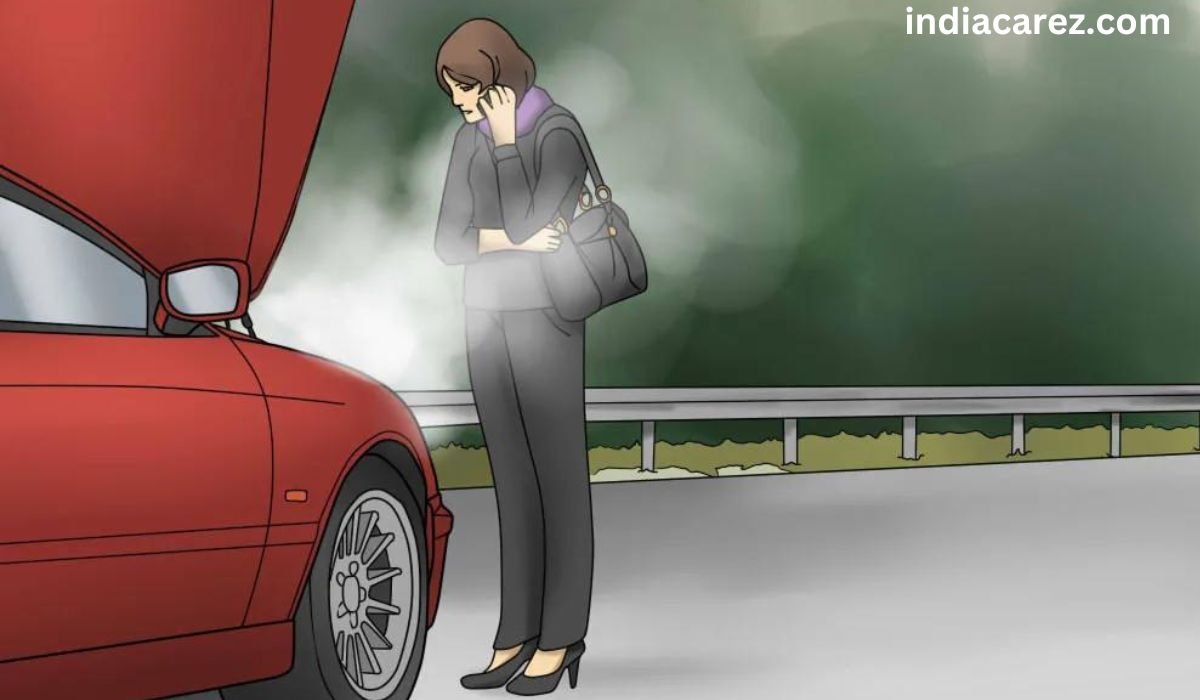Maintaining a vehicle in top condition is crucial for ensuring its reliability and safety on the road. Unfortunately, despite our best efforts, vehicles can sometimes experience malfunctions. Understanding the common causes of these defects can help drivers take preventative measures and address issues before they become major problems. Here’s a comprehensive look at some of the top reasons vehicles malfunction and how you can mitigate these issues.
1. Engine Problems
The engine is the heart of your vehicle, and if it isn’t functioning properly, you’re likely to experience a range of issues. Common engine problems include:
- Overheating: Engines can overheat due to a malfunctioning thermostat, low coolant levels, or a failing water pump. Overheating can lead to severe damage if not addressed promptly.
- Misfiring: Engine misfires often result from faulty spark plugs, ignition coils, or fuel injectors. This can cause a noticeable drop in performance and fuel efficiency.
- Oil Leaks: Leaking oil can stem from worn gaskets or seals. Oil is crucial for lubrication, so leaks can lead to engine damage if not repaired quickly.
2. Transmission Issues
The transmission is vital for shifting gears smoothly and efficiently. Transmission problems can manifest as:
- Slipping Gears: When the transmission slips out of gear or has trouble engaging, it can be caused by low transmission fluid, a worn clutch, or internal damage.
- Hard Shifting: Difficult or rough shifting can be a sign of a transmission that needs servicing or a problem with the transmission control module.
- Fluid Leaks: Transmission fluid leaks can lead to overheating and damage. Regular checks and maintenance can help prevent these leaks.
3. Electrical System Failures
Modern vehicles rely heavily on electrical systems for various functions. Electrical issues can be particularly frustrating due to their complexity:
- Battery Problems: A dead battery can be caused by a faulty alternator, corroded battery terminals, or simply an old battery that needs replacement.
- Alternator Failure: The alternator charges the battery and powers electrical components. Failure can result in dimming lights, a dead battery, or other electrical malfunctions.
- Fuses and Wiring Issues: Faulty fuses or damaged wiring can cause electrical components like lights, windows, or radio systems to malfunction.
4. Brake System Malfunctions
The brake system is essential for safety, and its proper functioning is critical. Common brake system issues include:
- Worn Brake Pads: Brake pads wear down over time and need to be replaced to ensure effective braking. Worn pads can cause squeaking or grinding noises.
- Brake Fluid Leaks: Leaks in the brake fluid system can lead to reduced braking performance and potential brake failure.
- Disc or Drum Issues: Warped discs or drums can cause vibrations or noise during braking. Regular inspections can help identify and address these issues.
5. Suspension and Steering Problems
The suspension and steering systems are crucial for handling and ride comfort. Issues in these areas can affect vehicle stability:
- Worn Shocks or Struts: These components absorb shocks and keep the ride smooth. Worn shocks or struts can cause excessive bouncing and poor handling.
- Steering Rack Issues: Problems with the steering rack or power steering system can lead to difficulty steering or a loose steering wheel.
- Alignment Issues: Misalignment can cause uneven tire wear, poor handling, and a crooked steering wheel. Regular alignment checks can prevent these problems.
6. Fuel System Defects
The fuel system is responsible for delivering fuel to the engine efficiently. Common issues include:
- Clogged Fuel Filters: A clogged fuel filter can restrict fuel flow and lead to poor engine performance or stalling.
- Failing Fuel Pump: A failing fuel pump can cause the engine to sputter or stall. Symptoms include difficulty starting the vehicle or loss of power.
- Dirty Fuel Injectors: Dirty or clogged fuel injectors can affect engine performance and fuel efficiency. Regular cleaning can help maintain proper function.
Preventative Measures
To minimize the risk of vehicle malfunctions, consider these preventative measures:
- Regular Maintenance: Follow your vehicle’s maintenance schedule for oil changes, fluid checks, and other routine services.
- Timely Repairs: Address any warning signs or unusual noises promptly to prevent minor issues from escalating into major problems.
- Check Fluids: Regularly check and top off essential fluids like engine oil, coolant, and transmission fluid.
- Monitor Tires: Keep an eye on tire condition and pressure to ensure safe and efficient driving.
Conclusion
Recognizing the typical causes of vehicle malfunctions can help drivers take proactive measures to maintain their cars effectively. By staying informed about potential issues and addressing them promptly, you can enhance both safety and reliability on the road.
Consistent maintenance and timely repairs are essential for keeping your vehicle in peak condition and avoiding unforeseen breakdowns. If you experience severe issues that lead to accidents or injuries, consulting a wrongful death attorney in South Jordan can provide essential guidance and support.











